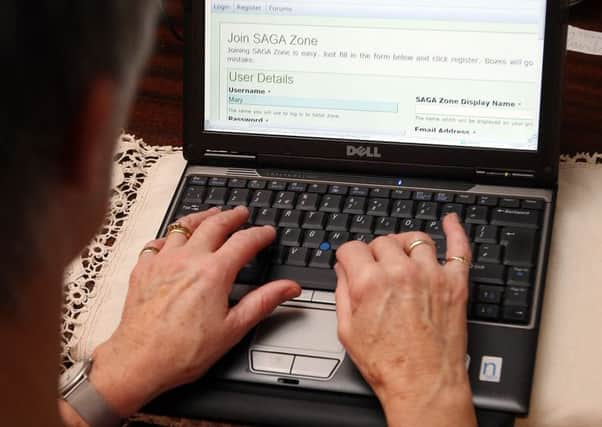Time to act to stop digital assets storing up a legacy of legal trouble after death


Unlike physical possessions, digital assets may not be apparent at first sight. What is classed as a “digital asset” is an area in which the law itself is still developing, but could include online bank accounts, social media networks, funds in online payment providers or files stored on a personal computer. Some digital assets may be of no economic value, but could possess great sentimental value.
Identifying and recording digital assets is the first step in ensuring they are dealt with in accordance with an individual’s wishes at the time of death. It will be important to review and update this list as digital assets accumulate. The next step is to consider the information required to allow executors or attorneys to access digital assets. Most will require a username or password before access can be granted. It will also be crucial who should be granted access to the digital assets, and which or those digital assets should be recovered or destroyed upon death.
Advertisement
Hide AdAdvertisement
Hide AdThere have been a host of recent examples illustrating difficulties when trying to access a deceased’s digital assets without the required information, or where there has been no clear instruction on the part of the deceased. The majority of online service providers will be unwilling to grant access, valuing the deceased’s right to privacy over arguments for rights of access.
One such example was Justin Ellsworth, a US Marine killed in Iraq in 2004. His father, John, sought to create a memorial from his e-mails and applied to Yahoo to gain access. Yahoo denied access, saying it would violate the privacy of the deceased and those with whom he had corresponded. Yahoo’s terms of service claimed survivors had no rights to the e-mail account of a deceased.
The family had to obtain a court order forcing Yahoo to grant access, but only to the e-mails their son had received, not those he had sent. If the family had been given their son’s password, they would have been able to access his final messages.
A more recent example was Syed Rizwan Farook, one of the gunmen from the San Bernardino shooting which left 14 people dead in December 2015. The subsequent legal battle witnessed the FBI clash with Apple over the access of Farook’s iPhone, alleged to have contained crucial information. The FBI obtained a court order compelling Apple to comply with its demands. The phone belonged to Farook’s employer, who had given permission to the FBI to open the phone. Nevertheless, Apple resisted the demands on the basis of security fears and the dangerous precedent breaking such encryption software would set for future.
The outcome of the case and any future legal precedent was left uncertain as the FBI found an alternative source to gain access to the phone. Despite this, the case still highlights the importance, relevance and uncertainty that surround the protection of digital assets in today’s society. The Law Society in England in Wales has already recommended individuals include a digital legacy in their Wills when they instruct a solicitor, and the same must surely apply in Scotland.
Peter Shand is a partner with Murray Beith Murray